
How to Make Japan's Viral Fried Whipped Cream Sandwich
Japan is famous for its healthy cuisine, but it also popular for indulgent treats. Recently, a new viral snack has emerged—fried sandwiches. Originally made by Fruits Sand Three, a shop in Kama, Fukuoka, this treat gained such popularity that a dedicated store, Age.3, opened in Tokyo’s Ginza district.
The name "Age.3" cleverly combines ageru (meaning "to deep fry") and "sand," short for "sandwich." Despite being located on the outskirts of Ginza, Age.3 draws crowds eager to try these unique creations, especially the fried whipped cream sandwich.
This delicacy is made with deep-fried shokupan (Japanese milk bread), generously filled with whipped cream and offered in various flavors. The standard version is topped simply with whipped cream, but other variations include fruits, kinako (roasted soybean flour), matcha powder, chocolate, and banana.
This fried creation differs from the classic agepan, a deep-fried bread made from a hot dog bun-style roll, sprinkled with sugar or kinako, but unfilled. Age.3's version elevates the experience by using deep-fried shokupan, resulting in a crispier and crunchier texture.
While it might sound difficult to make, you can whip up this delicious treat at home in just a few minutes! The essential ingredient is shokupan, sliced to about 2 cm thick for a generous whipped cream filling. Age.3 also uses Lakanto, a zero-carb, zero-calorie sugar made from monk fruit and erythritol, to add sweetness without the guilt.
Have fun trying different toppings to make your fried whipped cream sandwich at home, and please tell us in the comment below your favorite combinations!
Overview
Prep time: 10 mins
Cook time: 5 mins
Total time: 15 mins
Difficulty: Easy
Ingredients
- 2 slices of shokupan (2-3cm thick)
- 200ml heavy cream
- 20g Lakanto sugar
- Cooking oil as needed
- Toppings: kinako, brown sugar syrup, berries, and orange
Expert's Tip
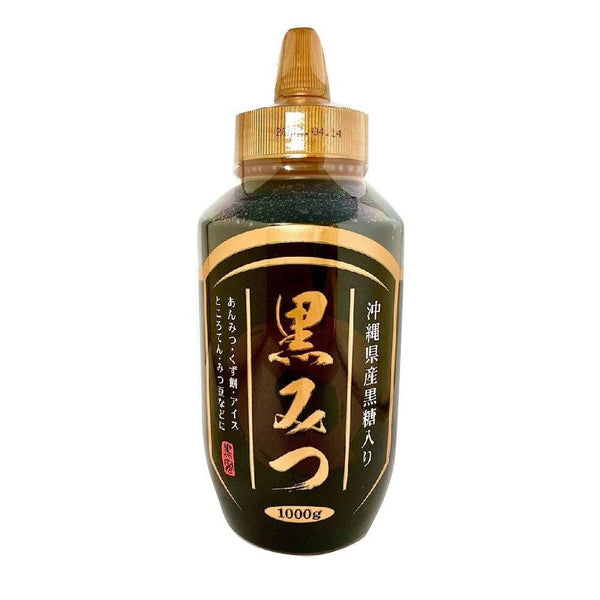
Instructions

1) Gather the Ingredients
2) Deep-fry the Shokupan
3) Cut the Deep-fried Shokupan
4) Prepare the Whipped Cream
5) Fill the Shokupan with Whipped Cream

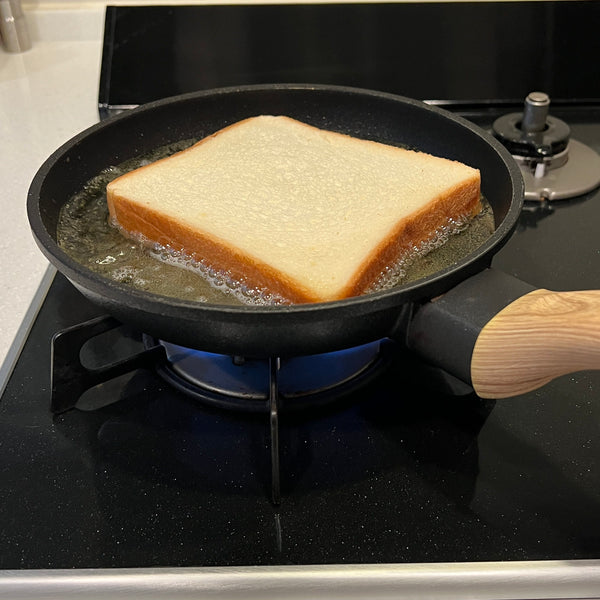
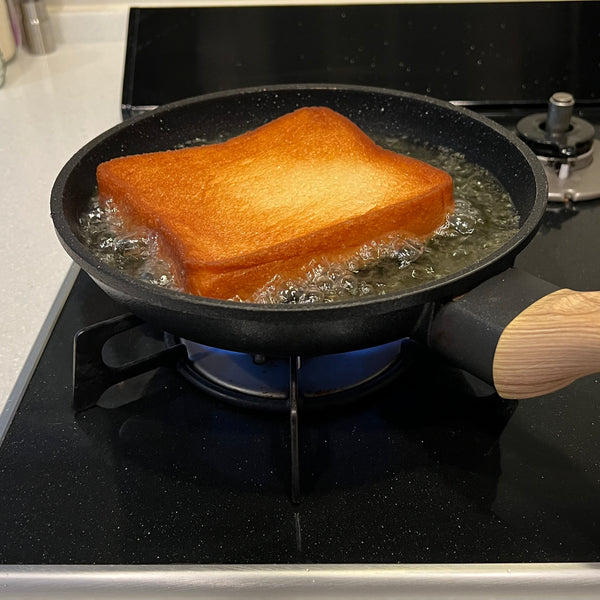
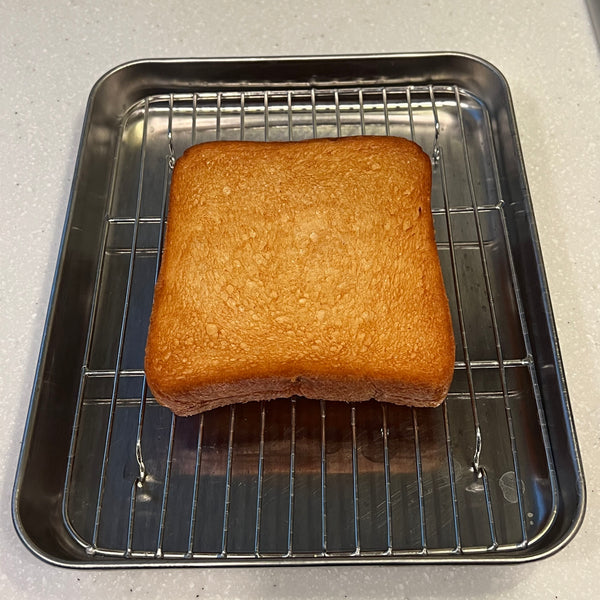
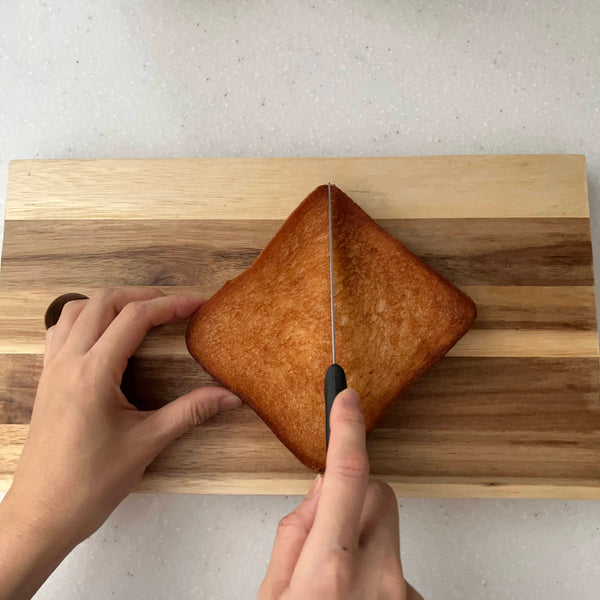
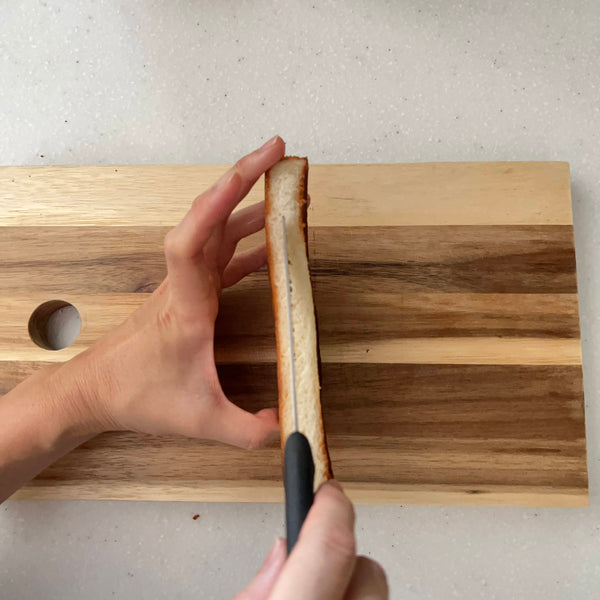
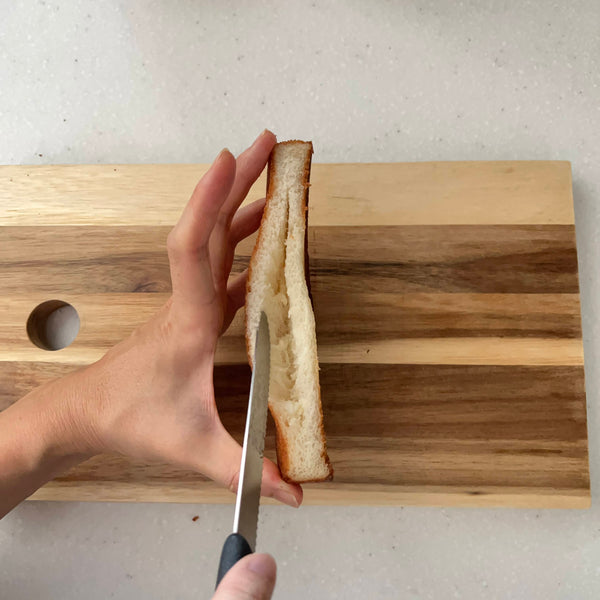
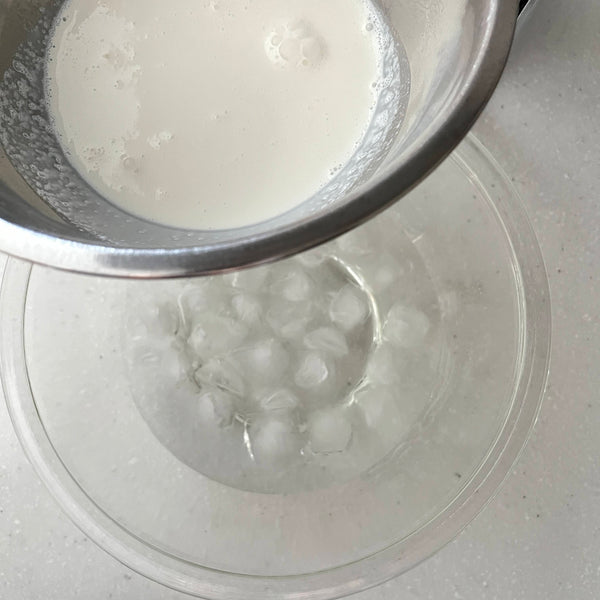
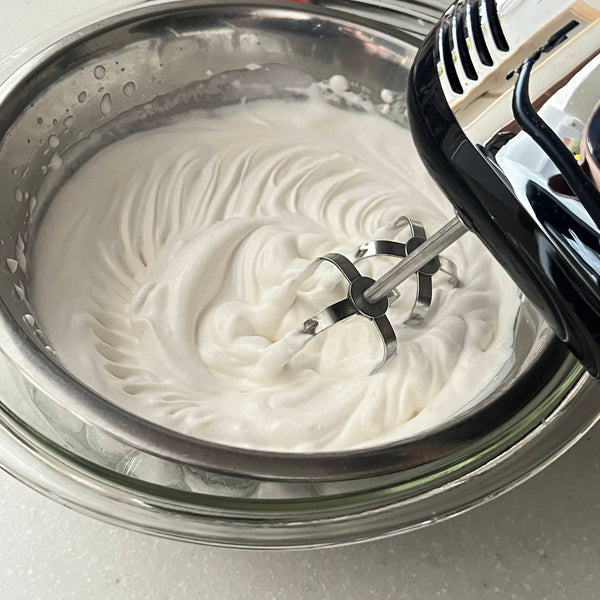
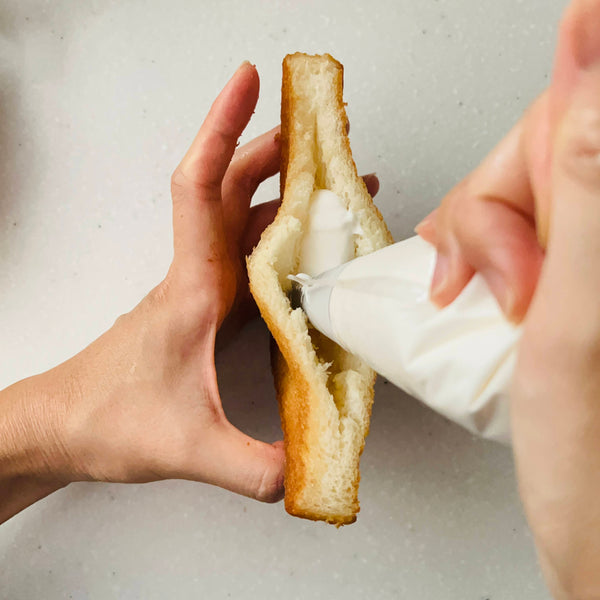
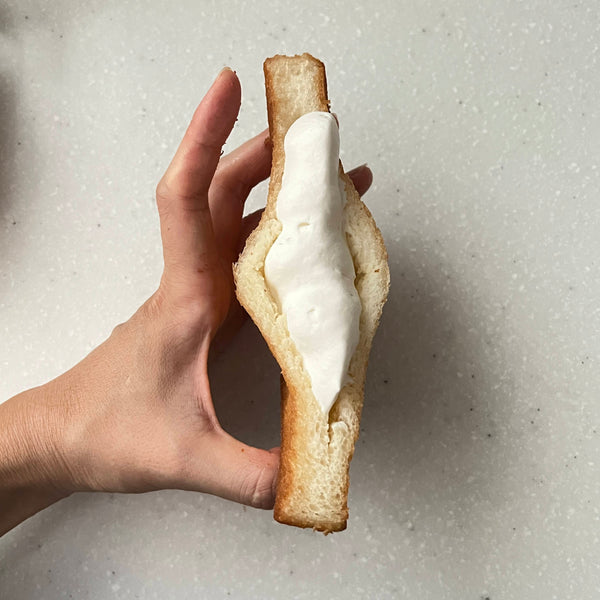
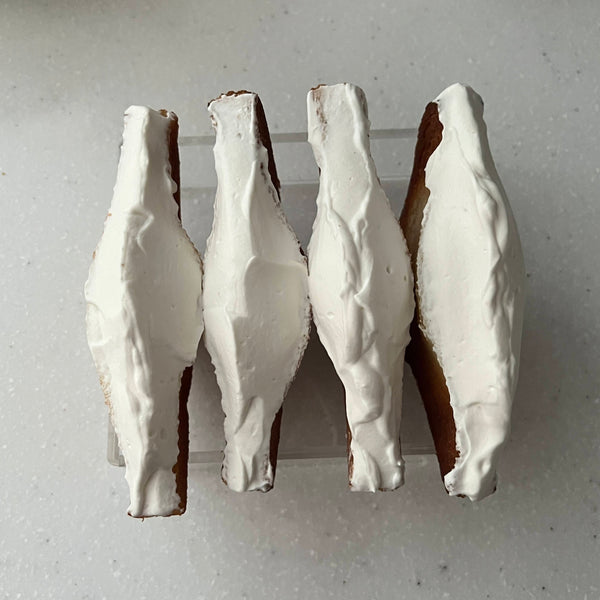

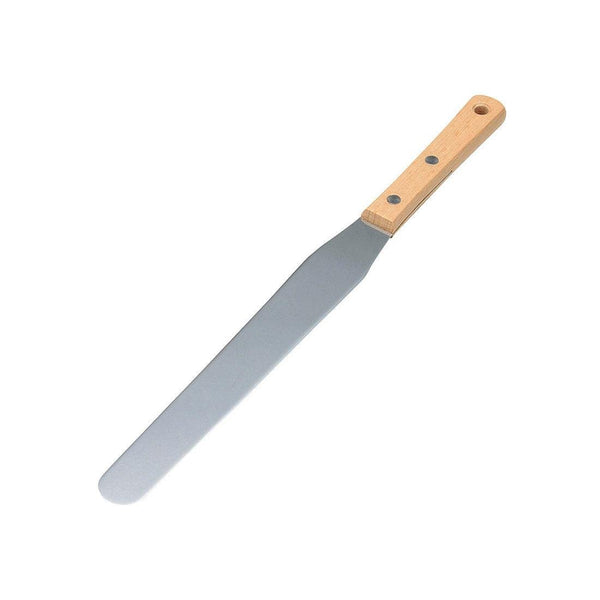
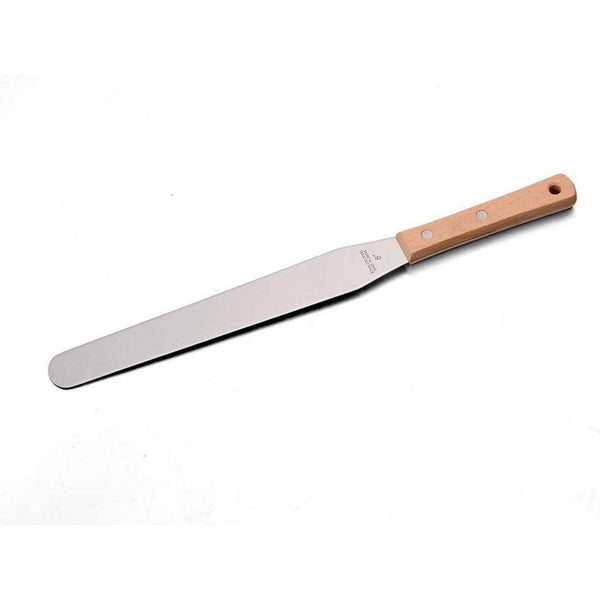

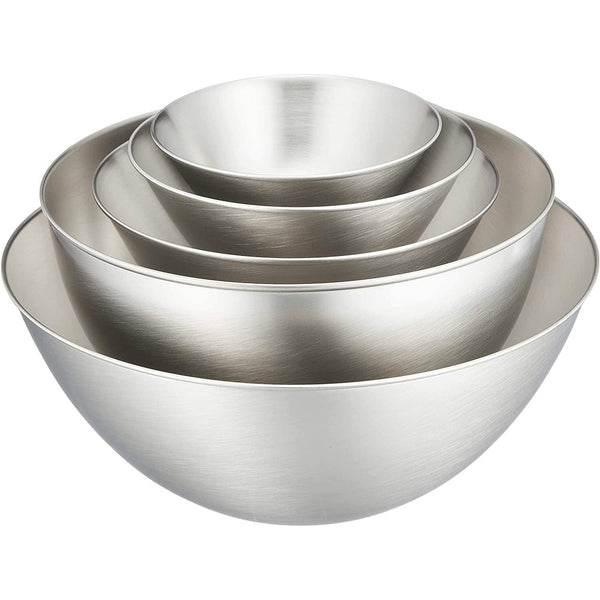
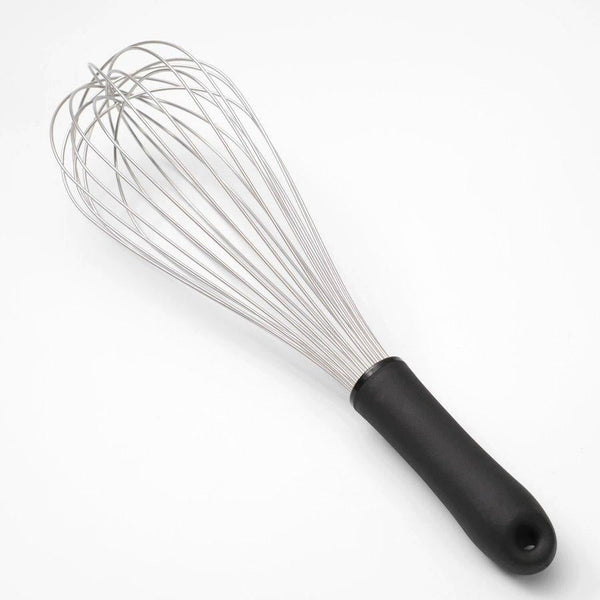
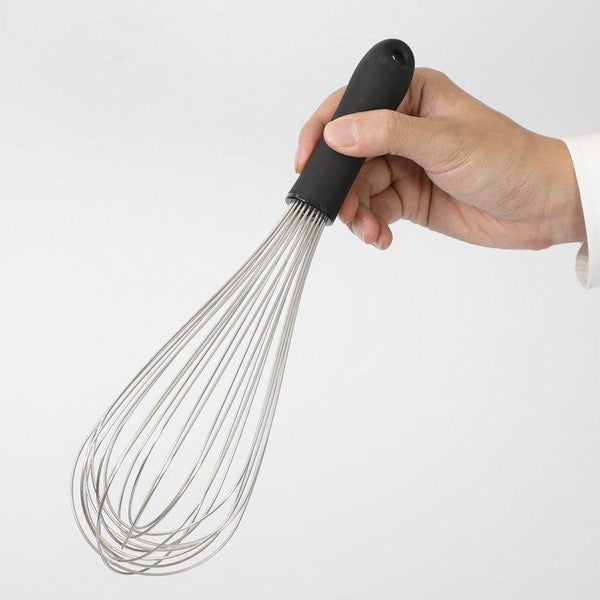
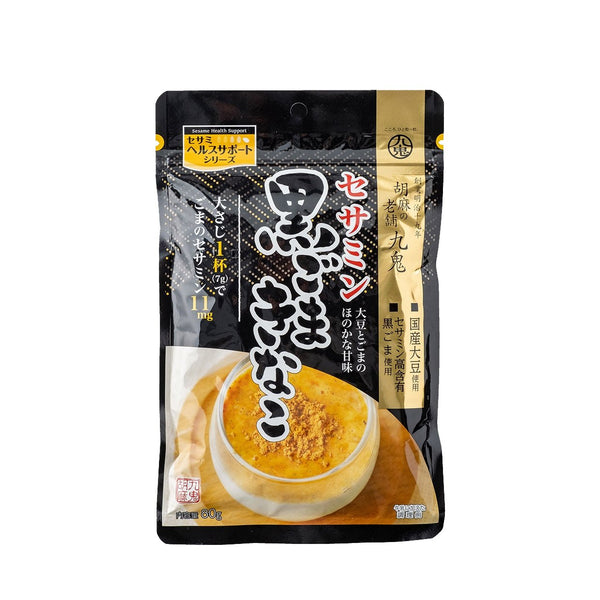
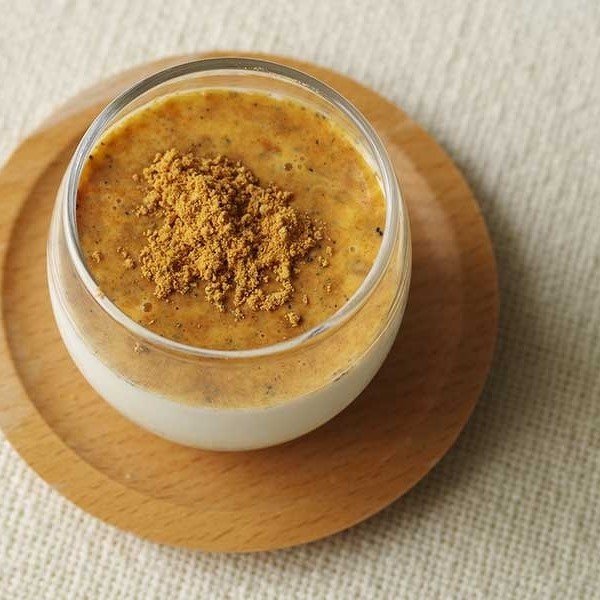
0 comments